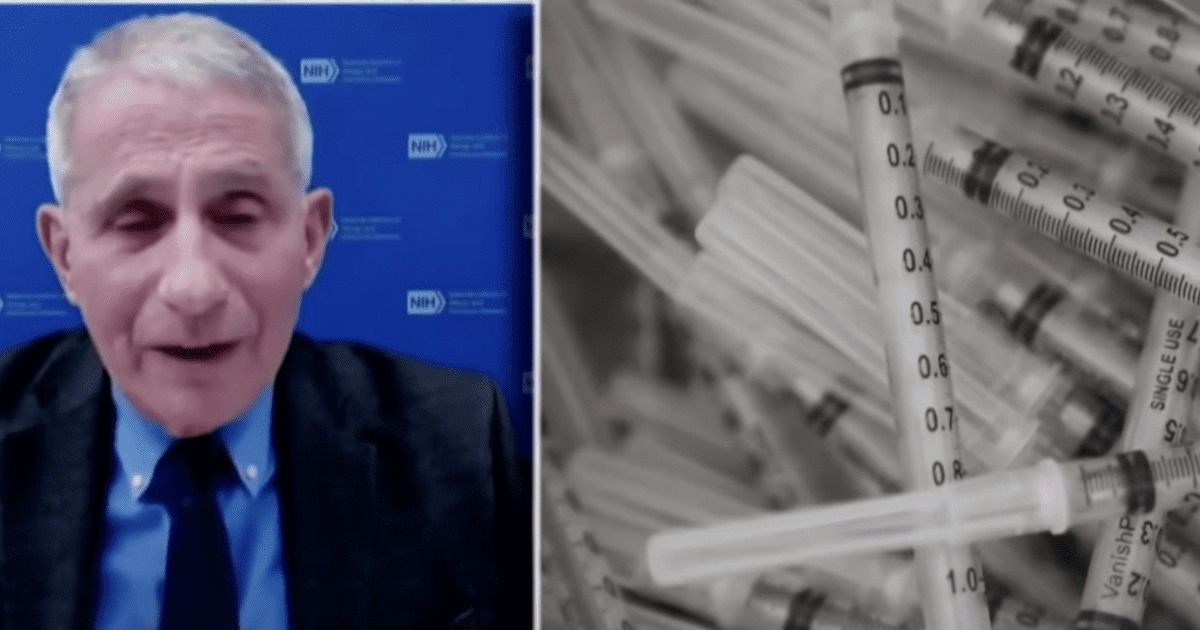Let me ask you something.
Do you take a flu shot every year?
A lot of people are super concerned and a bit weary over the establishment push for this vaccine and this ‘pandemic’ in general.
The flu kills people every year. Some people take shots for it every single year. I don’t and most people I know do not take a shot every single year for the flu.
I have read reports which show that Covid-19 has like a 98% or 99% survivability rate.
I am not a doctor, and none of this is medical advice, but why is there such a huge deal made over a virus which isn’t really making a dent in our population?
Why not just focus on the at-risk populations?
If you have ever had any of the above thoughts you’re not alone! A lot of people do not want this vaccine, and I can’t blame a single one of them.
Take a look:
The Associated Press reported:
Louisiana has stopped asking the federal government for its full allotment of COVID-19 vaccine. About three-quarters of Kansas counties have turned down new shipments of the vaccine at least once over the past month. And in Mississippi, officials asked the federal government to ship vials in smaller packages so they don’t go to waste.
As the supply of coronavirus vaccine doses in the U.S. outpaces demand, some places around the country are finding there’s such little interest in the shots, they need to turn down shipments.
“It is kind of stalling. Some people just don’t want it,” said Stacey Hileman, a nurse with the health department in rural Kansas’ Decatur County, where less than a third of the county’s 2,900 residents have received at least one vaccine dose.
The dwindling demand for vaccines illustrates the challenge that the U.S. faces in trying to conquer the pandemic while at the same time dealing with the optics of tens of thousands of doses sitting on shelves when countries like India and Brazil are in the midst of full-blown medical emergencies.
NPR had a related report:
A recent NPR/Marist poll found that one in four Americans said they would refuse a coronavirus vaccine outright if offered. Another 5% are "undecided" about whether they would get the shot. Although the numbers were highest for Republican men and residents of rural areas, there were still a significant number of people across all ages and demographic groups who claim they will say "no."
Now some researchers are increasingly worried that this reticence will be enough to prevent the nation from reaching what's known as herd immunity, the point at which the coronavirus can no longer spread easily through the population and transmission peters out. Reaching high levels of vaccination would mean new outbreaks of the coronavirus would die down quickly, as opposed to growing and spreading.
"Vaccine hesitancy is a big problem for all of us," says Ali Mokdad, who tracks coronavirus trends at the Institute for Health Metrics and Evaluation at the University of Washington.



Join the conversation!
Please share your thoughts about this article below. We value your opinions, and would love to see you add to the discussion!